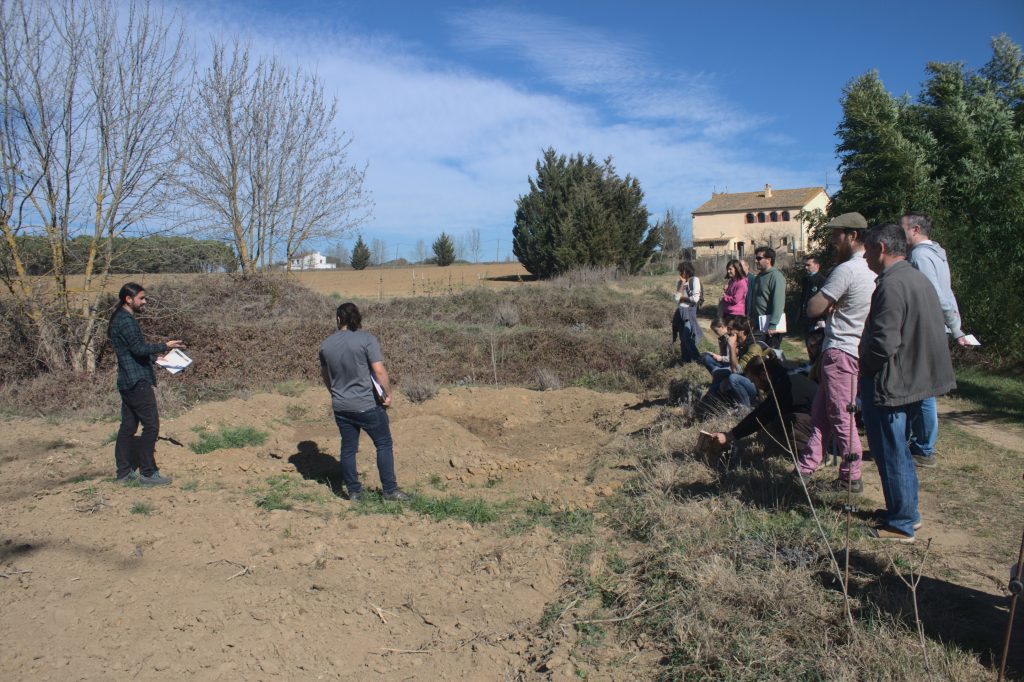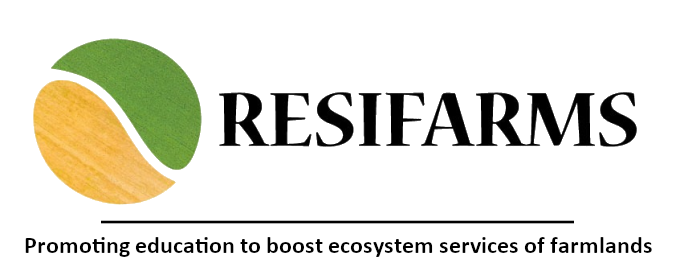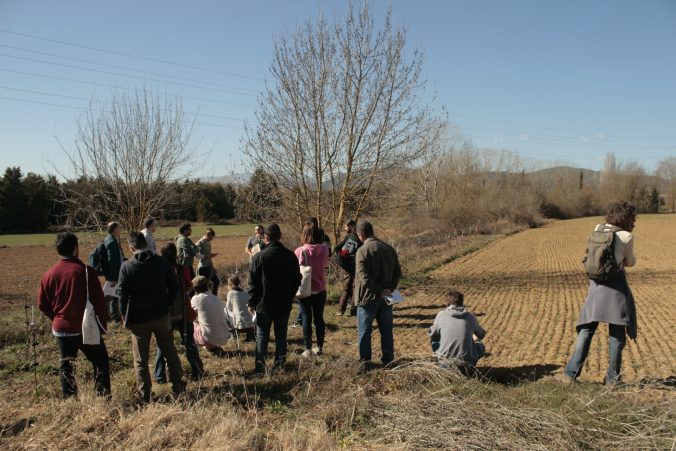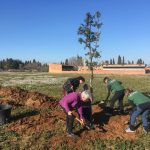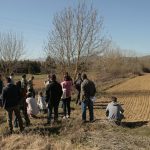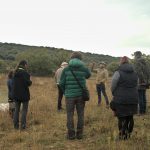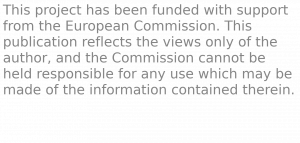At the end of 2021 and the beginning of 2022 we organized several events to disseminate the results of the E + Resifarms project in different countries.
In the Czech Republic, Český Svaz Ochránců Přírody organised on September 3 and 4 a two-day multiplier event to communicate Resifarms results in Sloup, Moravia. In the first day, a presentation of the project, its objectives, activities, achieved goals and partner organisations was conducted, followed by a more detailed presentation of project outcomes. Participants watched the two finished videos at that moment, printed copies of the toolkit were available and several tools were discussed, and also the project website, where the Resifarms outputs are published, was shown. Other topics like practical experiences, feedback on the project, cooperation with farmers and associations of private farmers were discussed. In the second day, field trips for participants interested in suitable demonstration sites, emphasized the link to the project, with the main focus on open spaces.
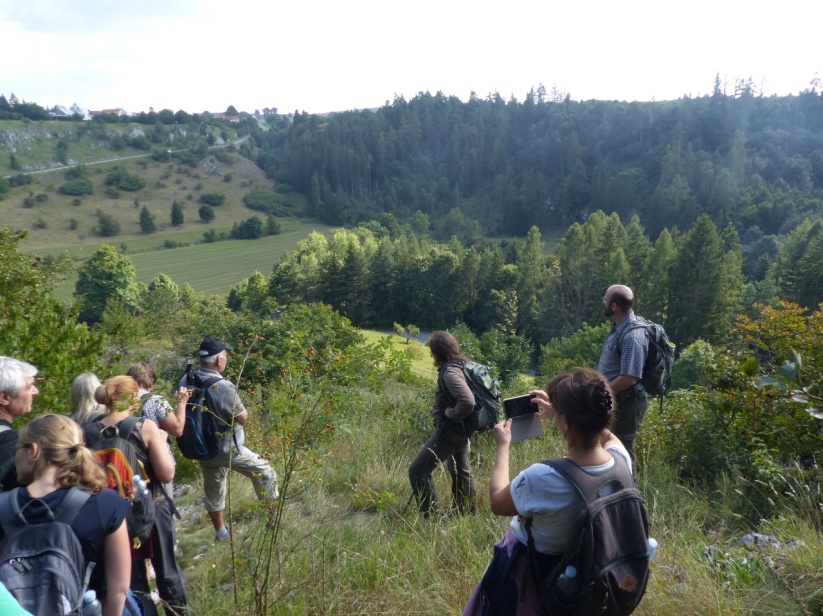
In France, during October 2021, CEN Occitanie organized two times of technical exchanges in the field, concerning the assessment of the conservation status of semi-natural habitats in Mediterranean agricultural context, as a basis for their conservation and management: hedges, isolated trees, grassy strips, barren land, ditches, ponds… Nearly 40 people took part, thus making it possible to share everyone’s knowledge and actions, approaches allowing wide mobilization and meeting the expectations of farmers, opening up to the services provided by these ecological corridors and to management practices making it possible to keep them. The meetings were carried out in Domaine de Mirabeau in Fabrègues and Domaine de Roquenégade in Val-de-Dagne.
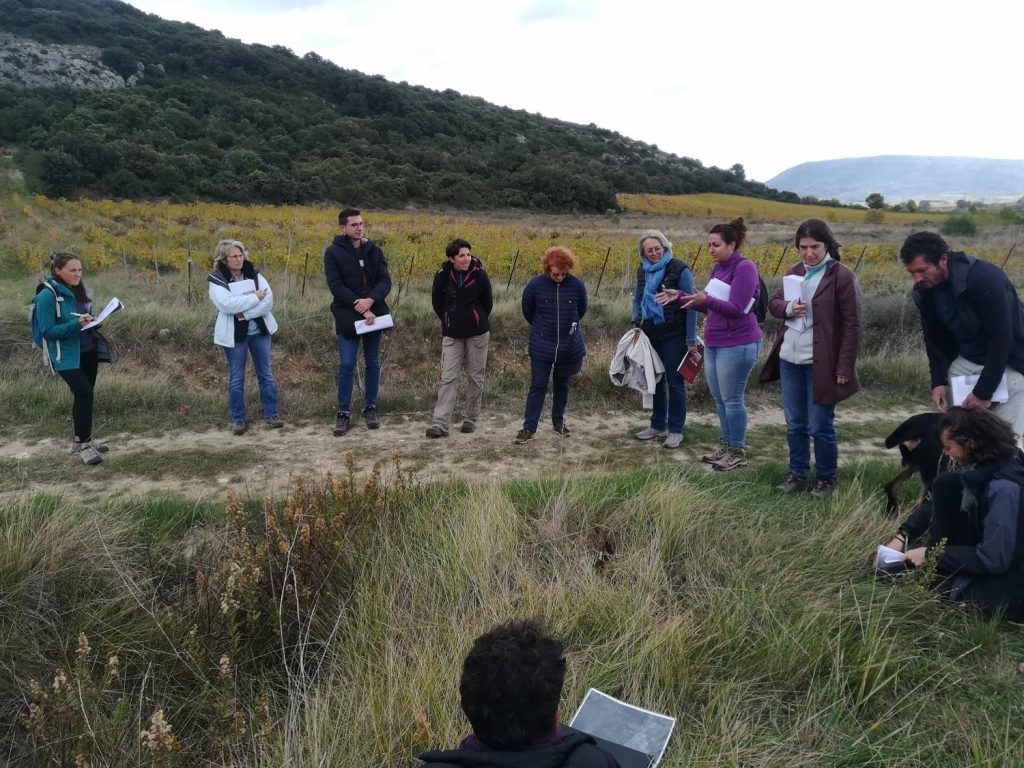
In Romania, Fundatia ADEPT organised on the 18th of January the multiplier event in Sighisoara, Transilvania. The meeting was attended by 35 people of the area, most of whom are farmers, but also local authorities’ representatives, local associations and cooperatives, and other NGOs active in the rural communities of the area. The event started with a presentation of the Resifarms project, and was followed by a summary of the toolkit developed under the project (the attendants also received a printed copy each), the visualization of the three videos filmed and edited by the date and a questions and answers session, where even new project ideas and manners to get the toolkit adopted by as many local farmers as possible were discussed. The event concluded over lunch, where the discussions continued.
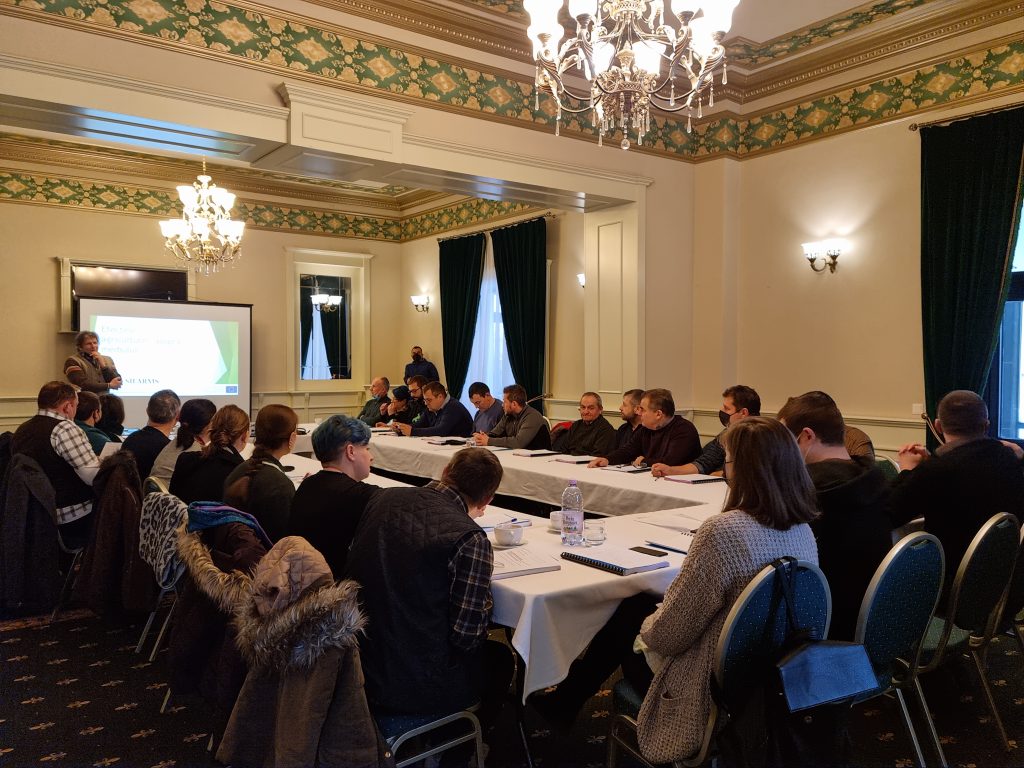
In Italy, Comitato per le Oasi WWF dell’Area Fiorentina held the multiplier event on January 26th 2022. The event was jointly organized with the Municipality of Cerreto Guidi, who made available their library. Due to the Covid situation, 15 people attended face-to-face while 20 attended online. Some of the people attending online and the majority of those in person were farmers, while the rest were experts and other people interested in the project. The event was introduced by Cerreto’s assessor responsible for environment and agriculture. Cowaf presented the Resifarms results, in particular the toolkit, together with Resifarms’ partners XCN and CEN Occitanie (they attended online), and much highlight was given to synergies involving farmers-municipalities-conservationists. Ongoing experiences were further illustrated by Cowaf, Rete Semi Rurali (an umbrella organization of farmers’ associations), and Consorzio di Bonifica Medio Valdarno (a public body managing the Arno River). The event helped to disseminate practical information on the advantages of biodiversity and ecosystem services on farmlands, and allowed exchanges between attendees.
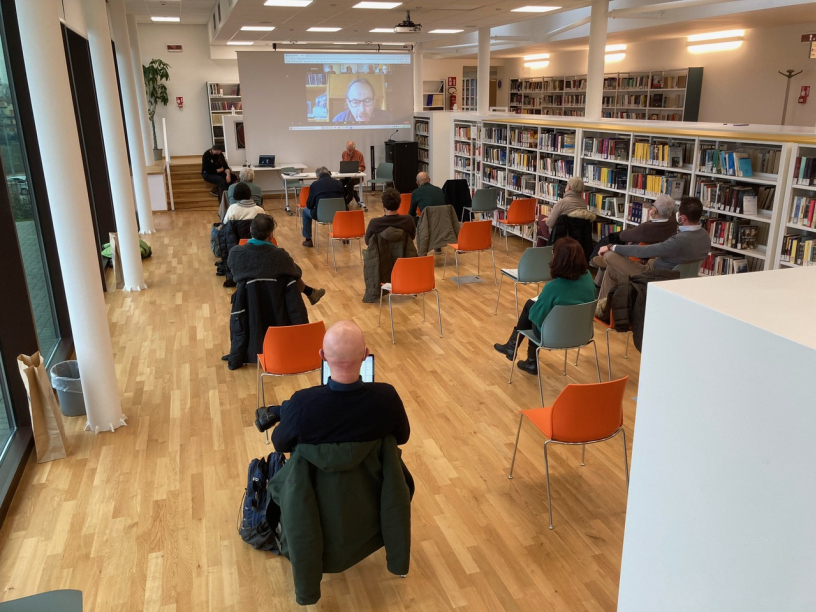
In Spain, the dissemination event was held on February 18, in Riudarenes, and was jointly organised by Fundació Emys and Xarxa per a la Conservació de la Natura. It was opened by the Catalan Director General of Agriculture and Livestock, and then we presented the Resifarms results, paying special attention to the project toolkit. Later, a couple more projects working to improve semi-natural habitats on farms were invited to explain their objectives and actions, and the mayor of Riudarenes closed this part of the event. After it, a visit to Fundació Emys headquarters allowed participants to know the last actions the NGO implemented to improve ecosystem services and biodiversity, such as the creation and improvement of ponds or the improvement of hedgerows and tree lines. The event allowed the dissemination of practical tools to improve biodiversity and ecosystem services on farmlands, and the exchange between attendees.
